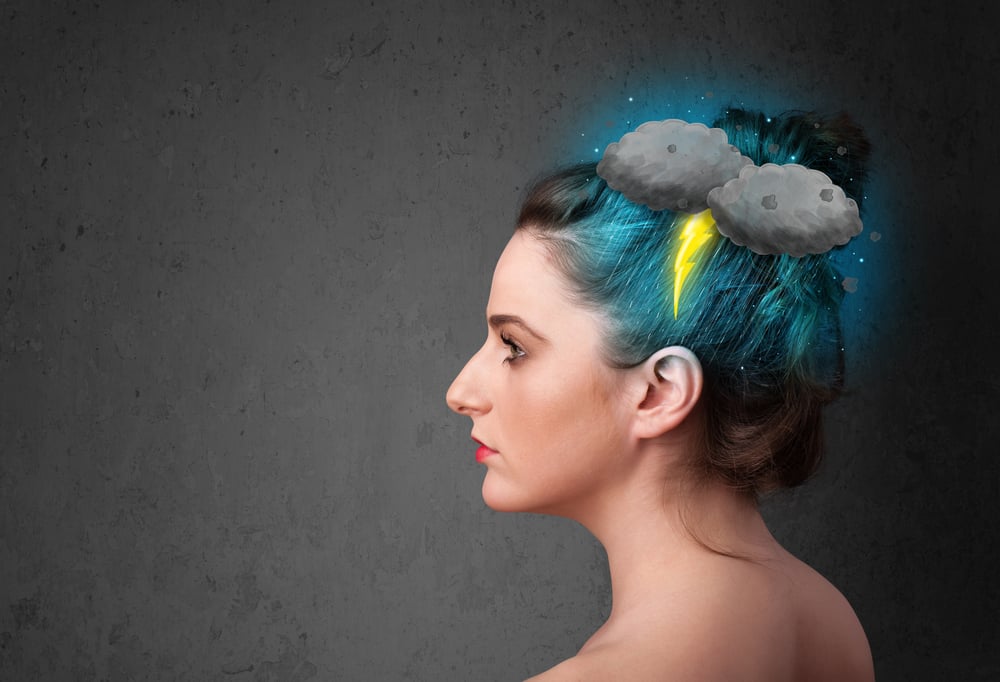
It’s not new information that we’ve all been stuck inside for a year and some change. Some have taken their newfound free time to better themselves, find a new hobby, or get into shape. For others though, the quarantine came with an increase in depression, anxiety, and financial burdens. Musicians especially had a hard time adjusting to a world without live music, which many depended on as a main or supplementary source of income. Sure, there were virtual concerts and extra time to write and record, but as an artist, performing live is what makes all the hard work worth it. Various studies have found that anywhere from 50-70% of musicians have claimed to have experienced a decrease in their mental health since the start of the pandemic. While these numbers are large, you should be able to find solace in the fact that you are not alone; the music industry as a whole needs to heal after this traumatic shift.
Adjusting to our world flipping upside down in the matter of days was hard enough, and now it seems as though we will be adjusting back to “normal” in the coming months. The thought of getting back on stage with a bunch of people, who may or may not be wearing masks, is pretty daunting for most musicians. While music lovers are itching to get back into those sweaty clubs, that still doesn’t mean that there is some underlying anxiety about returning back to normal so quickly. For those who suffered from social anxiety before the lockdown, the upcoming months seem daunting. In addition to this, many people have gained a newfound sense of crowd anxiety as they’ve grown accustomed to staying inside day after day. General crowd anxiety is at an all time high and a real concern for many considering the last time we met up for in person shows was March of 2020. Crowd anxiety in addition to worrying about finances, being out of practice, and a number of other stressors-- hopping back on stage is going to be hard.
That’s okay.
We should normalize talking about mental health in the music industry. For years we have been pegged as an industry that is hardcore and has no regard for the feelings of others and it’s about time that that’s changed.
While I acknowledge that there is never going to be a “solution” per say to combating mental health, I want to shed light on some amazing (and might I add free) resources that Sonicbids artists can take advantage of as you figure out how to dive head first into play shows again.
Backline: backline.care
Backline is a non-profit organization that connects music industry workers with mental health and wellness resources. At Backline you can work one on one with a case manager who will help you create a custom mental health plan. In addition to case management services there are support groups, articles, free subscriptions, and educational videos that can be found on the site.
MusiCares: www.grammy.com/musicares
The Recording Academy’s MusiCare serves musicians by giving financial support that covers three key areas— mental health and addiction recovery services, health services, and human services for basic living expenses. 200,000 music industry workers have received financial assistance from MusiCare to date. If you have 3 years minimum employment in the music industry and at least 6 commercially released recordings or videos you are eligible to apply for assistance.
Mindfulness Exercises: https://mindfulnessexercises.com/
Mindfulness Exercises is a resource for those looking to relieve their stresses by means of meditation. The site offers hundreds of free, short guided meditations and some longer courses for you gurus. Meditation is proven to reduce stress and control anxiety which can be very helpful to the musician just getting back into the swing of performing.
And of course, if things are looking really dark, please reach out to these amazing people. Your friends and family love you, and the world deserves your music for many years to come.
National Suicide Prevention Hotline: 800-273-8255
The Trevor Project (Supporting the LGBTQ+ young adult community): 866-488-7386
Crisis Text Line: Text SUPPORT to 741-741
SAMHSA Helpline for mental and/or substance abuse disorders: 1-800-662-4357

